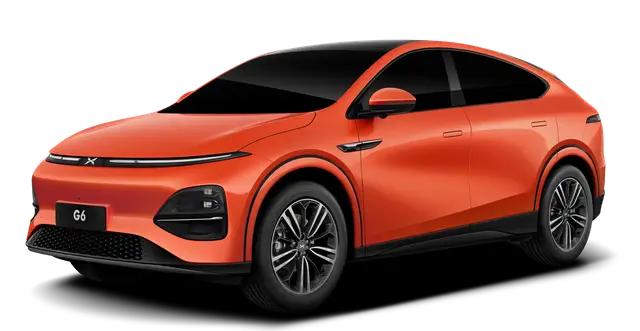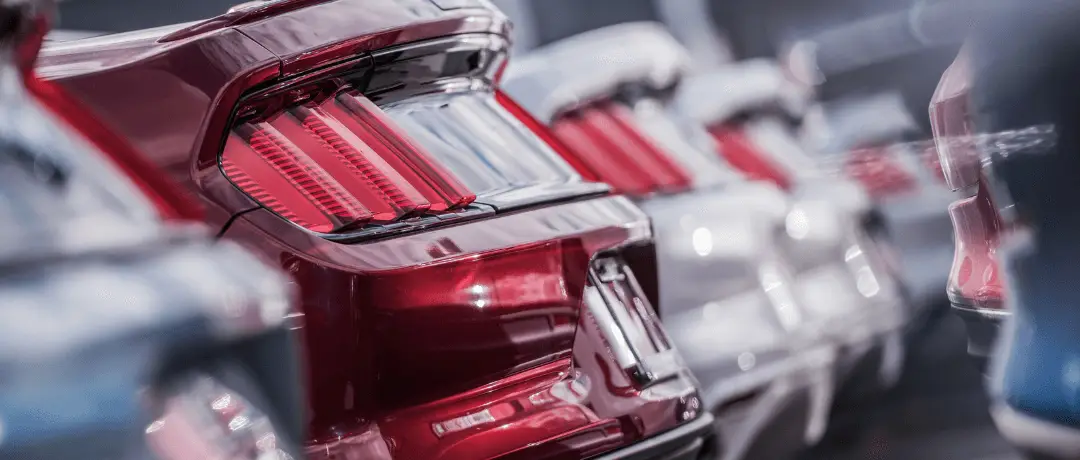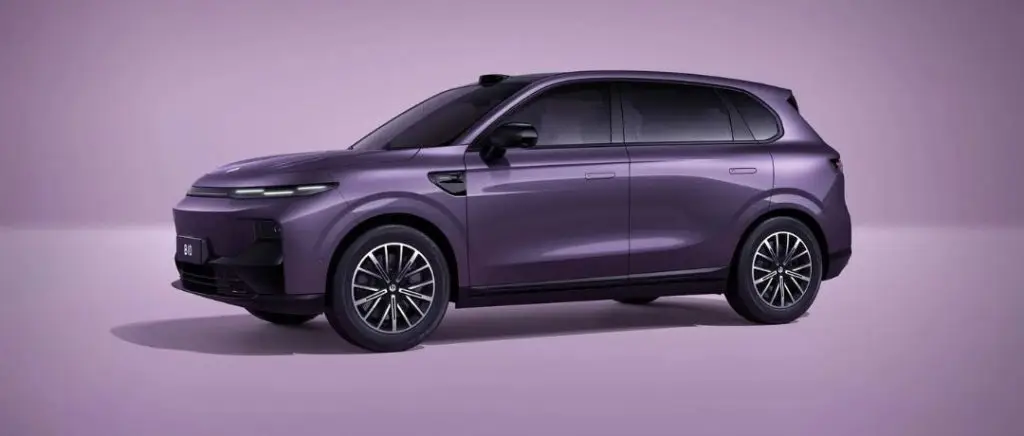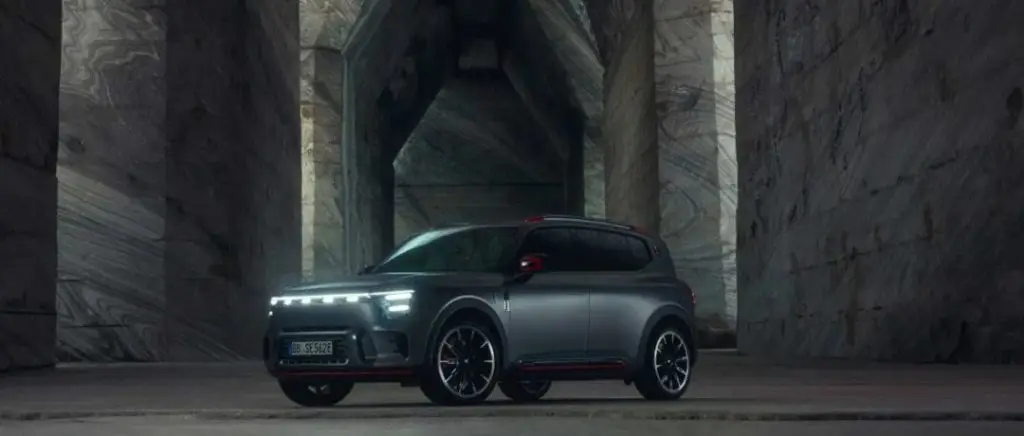What are the foundations of this bill?
The proposed law to strengthen regulations on the decarbonisation of corporate fleets comes from:
- a growing awareness of the climate emergency
- but also the need to act quickly to reduce greenhouse gas emissions.
Its main objective is to incentivize companies to increase the adoption of electric vehicles, thus accelerating the green transition of the automotive sector.
Key figures for the mobility sector in France
The transport sector remains the largest emitter of greenhouse gases in France, with almost 1/3 of national emissions in 2023, of which more than 50% are due to private cars (and nearly 70% by adding light commercial vehicles).
It is also the only sector whose emissions have not fallen since 1990. The transport sector alone consumes nearly half of the country's imported petroleum products, which in 2022 accounted for about 28% of France's trade deficit.
However, the National Low Carbon Strategy (SNBC) aims for a complete decarbonisation of road transport by 2050, and a 40% reduction in its emissions by 2030. To meet its national and European commitments, and to reduce its dependence on imported fossil fuels, France has no choice but to quickly implement all the levers for decarbonizing mobility.
Who is behind this initiative?
Led by the deputy of the "Renaissance" political party, Damien Adam, the latter was approved by the Sustainable Development Committee of the National Assembly on April 9, 2024, although it provoked intense reactions and was enriched by several amendments. This progress, achieved after difficulties, precedes its presentation to the plenary session on 30 April.
Indeed, this responds to a pressing call for the ecological transition in the mobility sector. By incorporating measures to encourage the adoption of cleaner vehicles in companies' fleets, this bill aspires to catalyze a significant shift towards more sustainable mobility.
What is the purpose of this bill?
This approach resonates with previous commitments, in particular those set out in the Mobility Orientation Law (LOM) and the Climate Law.
However, Damien Adam and his allies believe that these current provisions in favour of ecology are insufficient. They also argue that the lack of adequate oversight and punishment would lead to the failure of initiatives to make fleets greener.
In fact, according to the Transport & Environment association, 2/3 of companies do not comply with the obligation to integrate clean vehicles through the purchase or professional leasing, and almost all of them do not provide reports. With regard to short-term rentals, Avere-France itself identifies a need for adjustment.
To be consulted : Ecological transition: 60% of the 3,447 French companies concerned do not comply with the LOM law
Thus, this bill aims to put in place a more rigorous framework, characterized by closer application deadlines and substantial fines for companies that refuse to comply.
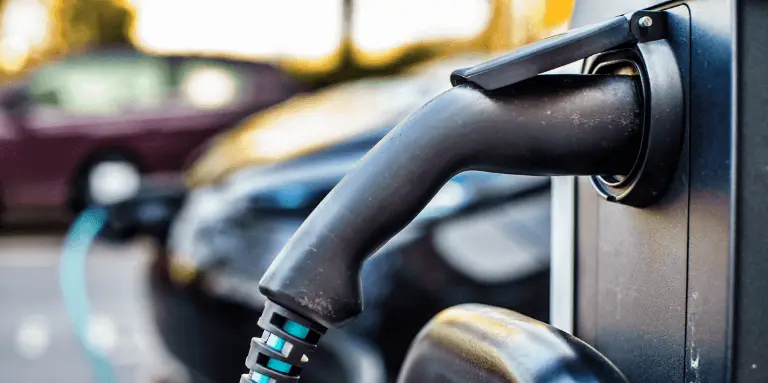
Reminder: what does the LOM law say?
The 2019 Mobility Orientation Law (LOM) follows an observation: the government highlights a disagreement between current transport policy and global requirements as well as citizens' expectations. This situation creates two problems:
- The scarcity of public transport in many regions leads to a dependence on the private car.
- The climate emergency, marked by pollution from transport, requires action.
In other words, the LOM aims to profoundly transform mobility policy to make daily travel more convenient, less expensive and more environmentally friendly. Thus, companies need to install charging solutions for their employees.
Companies covered by this law are those with more than 50 employees and a vehicle fleet of more than 100 vehicles (with a total weight of less than 3.5 tonnes).
Article A26 of the LOM recommends the gradual acquisition of low-emission vehicles, with specific objectives:
- 20% from 1 January 2024,
- 35% from 1 January 2027,
- 50% from 1 January 2030.
Read also : LOM law, what measures for sustainable mobility?
What will be new to promote the transition to an electric fleet?
As briefly stated above, the session was characterized by lively discussions and illustrated both the divergences and concerns of the various political factions regarding the impact of this legislation.
Indeed, Damien Adam's firmness with regard to ambitious emission reduction targets has led to tensions, leading to the departure of several MPs. Among them was Bruno Millienne from the MoDem, who had previously been rapporteur for the mission on Low Emission Zones (LEZs).
Related : Low emission zones in Europe
A new schedule for electrification quotas
As stated earlier, the initial text of the Renaissance MP has sparked strong debate, but has also undergone many changes via several amendments.
These amendments, being 9 in number, mainly revised the timetable for electrification quotas, suggesting flexibility in the timeframes previously proposed by Damien Adam.
As a result, the renewal thresholds for the fleets undertaken have been postponed by one year. Originally, the bill proposed an increase in the rate of integration of electric vehicles during fleet renewals to:
- 30% in 2025,
- 40% in 2026,
- 50% in 2027,
- 60% in 2028,
- 70% in 2029,
- 80% in 2030,
- 90% in 2031,
- and 95% in 2032.
As a result, the transition thresholds have been postponed by one year, reducing the original target from 30% in 2025 to 20%, and lowering the target from 95% in 2032 to 90%.
These adjustments reflect the attempt to strike a balance between environmental requirements and companies' operational constraints.
Several sanctions would be expected
The draft law on the transition of fleets to greener vehicles has clarified the penalties for non-compliance with the new electrification targets. The amendments also introduce clarifications on penalties for companies failing to comply with the regulation. One of them proposes a gradual increase in fines, which could be costly for companies in violation.
The financial penalties, effective from January 1, 2026 and retroactive from 2025, will vary from:
- €2,000 per vehicle missing in 2025,
- €4,000 in 2026,
- and up to €5,000 in 2027.
In addition, this draft law has clarified the obligations to transmit fleet data.
Originally, a company that did not provide this information risked a fine capped at €10,000, which could double in the event of a repeat offence. Now, an amendment has modified this provision, stipulating that the fine should not exceed "0.1% of the French turnover excluding taxes of the last financial year completed".
Following this, MP Bruno Millienne, co-rapporteur of a flash mission on the deployment of EPZs, criticises this weak backpedalling. He believes that limiting ourselves to ultra-low-emission vehicles worsens the situation for companies, as all-electric vehicles do not meet all needs.
He also deplores the restriction of possibilities and the relentlessness of MP Adam on this text, potentially for local electoral reasons. Millienne emphasizes that the law should not be based solely on abstract data.
Unable to get any concrete explanations, he and the Modem group left the meeting after 40 minutes.
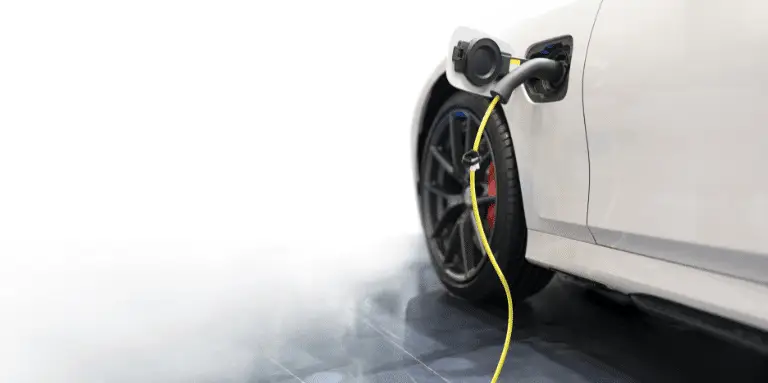
Upcoming relaxations
As we have seen, Damien Adam's bill aims to strengthen sanctions. Despite this, the latter wants to include measures to promote the greening of car fleets.
Indeed, the next measures resulting from the bill are expected to be essential levers for reconciling ecological imperatives with the operational realities of companies.
The eco-score
One of these measures is the integration of the eco-score as a selection criterion for electric vehicles used by companies, in particular to compensate for the abolition of the ecological bonus for cars acquired or leased by companies. This favours the most environmentally friendly models, offering an advantage to companies that choose high-performance vehicles. An amendment was approved accordingly.
For example, the MP suggests offering a 20% bonus to these eco-friendly cars. In short, an electric car with an eco-score will have a weight of 1.2 instead of 1. Therefore, when updating their fleet, a company that includes 10 eligible electric vehicles will receive two administrative bonus units.
Retrofit
The bill has another peculiarity by excluding plug-in hybrid vehicles, thus favouring fully electric models. Amendments were approved to make this provision more flexible. From now on, retrofitted vehicles (conversion from internal combustion vehicles to electric vehicles) are taken into account, as well as heavy quadricycles and motorized tricycles. On the other hand, the proposal to reinstate hybrid vehicles and biofuels, supported by MEPs Horizons, MoDem and Liot, was not accepted.
Read also: Retrofit: Turn your car into an electric one
Electric commercial vehicles
Finally, Antoine Villedieu, a member of parliament for the RN, proposed an amendment to exclude commercial vehicles from the scheme, arguing that the supply of electric commercial vehicles does not yet meet all the needs of fleets. This perspective is shared by MP Damien Adam, who nevertheless expressed an unfavourable opinion. He pointed out that a decree in his bill already took into account this consistency with the availability of products, and he did not want to completely exclude plugged utility vehicles, noting that they are widely exported.
In addition, a specific amendment concerns short-term rental and car-sharing, proposing a phased electrification timeline with an assessment in 2027 to adjust if necessary.
Short-term rental and car-sharing
Shortly before the bill was proposed on 9 April, short-term rental professionals, grouped under the banner of Mobilians, had invited some specialised journalists to express their concerns on this subject.
As a result, Damien Adam seems to have partially taken their concerns into account with the adoption of an amendment to this effect, which includes a timetable dedicated to short-term rental and car-sharing players, with a review clause scheduled for 2027.
Rental companies with more than 100 vehicles will be subject to these thresholds, but commercial vehicles remain an unresolved concern for short-term rental companies.
What can we conclude from this?
The transition to cleaner mobility is underway and the new bill is a strong signal of this. If 60% of the companies concerned by the LOM law do not yet comply with the current quotas, this bill could well spell the end of "all-combustion" in vehicle fleets in the medium term.
By promoting the adoption of electric vehicles and encouraging innovation in the field of sustainable mobility, this initiative paves the way for a positive transformation of our urban environment and modes of travel.
N.B: The Avere-France association has insisted on the need to remain vigilant in order to preserve a high level of ambition and avoid any reduction in objectives that could compromise the industry's decarbonization efforts.
The plenary meeting scheduled for 30 April will mark a decisive moment for the future of this bill. It will lead to a debate on the optimal strategies to reconcile ecological and economic requirements, thus allowing for possible adaptations before its final adoption.
For more information, we've put together a guide to this topic to explore the different aspects in depth:
Read our article about :


